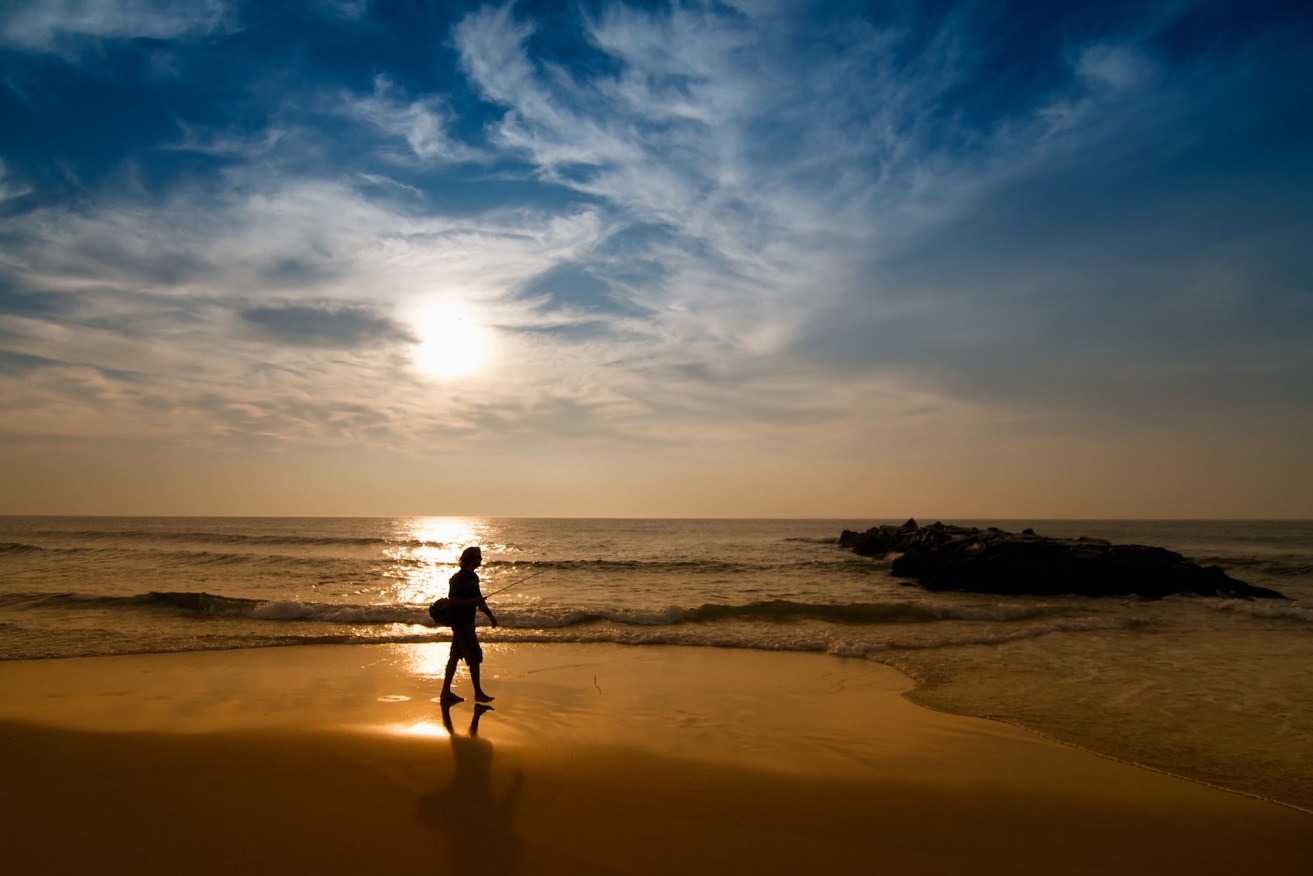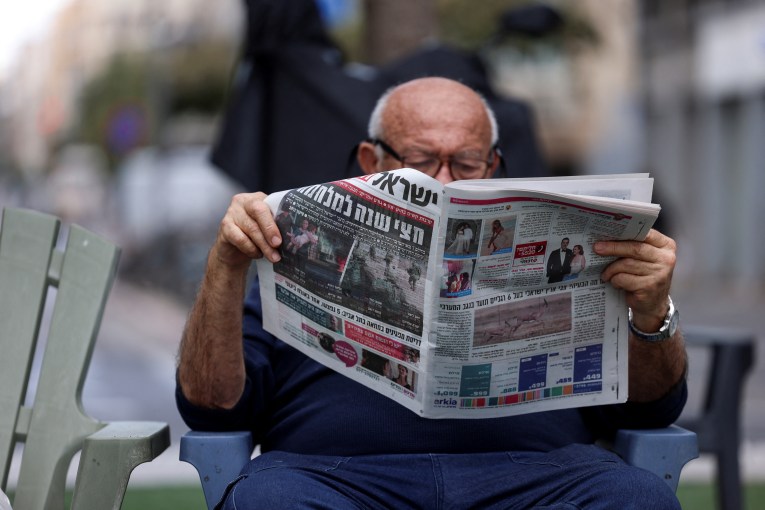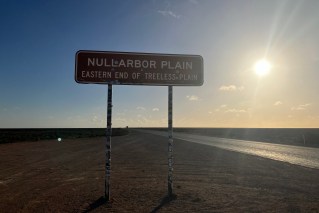Stranded in twilight zone, will Queenslanders ever see things in a new light?
Polls tell us most Queenslanders now favour the introduction of daylight saving, yet politicians dare not speak its name. Will Queensland ever have an enlightened conversation about our darkest hour, asks Shane Rodgers.


The flood of interstate migrants might swing a vote on daylight saving (Photo: By Nick Harris/Wikipedia
There is nothing like mentioning daylight saving in Queensland to bring silence to a room. It is akin to naming Lord Voldemort or insulting the Queen.
“Did he really bring that up?” people whisper. “I can’t believe he said that.”
Not only has Queensland long struggled to have a genuinely mature debate about daylight saving, it is also a rare issue where both major political parties are aligned against the majority of the population (based on most surveys in recent years).
Three decades after Queenslanders voted by a sliver to preserve the curtains and the sanity of the cows instead of shuffling an hour of daylight to the back-end of the day, there has been little progress in returning the issue to the serious policy agenda.
Brisbane Lord Mayor Adrian Schrinner has made a valiant attempt in the past week by tying daylight saving to Brisbane’s successful Olympic Games and the desire to position the city globally around its lifestyle credentials.
The University of Queensland’s Senior Lecturer in Human Geography Thomas Sigler has also contributed with new research showing 60% of Queenslanders now support daylight saving, growing as high as 70% in the capital.
These fresh attempts at reopening the debate have met with the usual predictable responses from state leaders – a practiced message around the desire to concentrate on issues that unite us rather than divide us.
The Australian Industry Group has been advocating for many years for a sensible debate around the economic impact of daylight saving. Our position is largely agnostic on whether daylight saving per se is good or bad (although it is not hard to see some economic activation advantages in a tourist state).
The bigger question for industry and our economy is whether Queensland can really afford to spend half the year in a different time zone from the major economic states. The answer is no.
Research we conducted in 2017 showed that large numbers of national companies were less likely to invest and create employment in Queensland due to the time zone disconnect and the issues it causes. This followed earlier research by another employer group suggesting the economic cost to Queensland of resisting daylight saving was more than $4 billion.
Every summer businesses operating across borders (thousands of them) have to adjust meeting schedules, spend extra on travel and extend working hours to deal with the time issues. It is costly, inconvenient and a handbrake on Queensland’s fortunes.
Clearly, mature debate on this issue needs to start with two basic truths:
- A large majority of people in south-east Queensland, and the vast majority of businesses (according to Ai Group research), support aligning the eastern seaboard time zones in summer
- Less than half of people in Queensland’s north and west support daylight saving (because their geographic position already gives them ample/too much daylight at the end of the day).
If you look at it like this, the main question governments should be asking is how regional concerns can be mitigated for the greater good of the economy.
Things have changed a lot in the 30-odd years since Queensland last juggled daylight. There is more flexibility to just do local things at different times of the day if that makes sense – shopping hours, working hours, even school hours can be readily adjusted if necessary.
There is also the possibility of just aligning south-east Queensland with the southern states, but that potentially just shifts the problem and opens another can of worms.
The fact is, now is the best time to reactivate the debate and junk the “roll the tape” reaction from both sides of politics when the issue is legitimately raised by business. Queensland now has four-year state political terms, giving all parties time to look at the issue properly before it gets caught up in messy pre-election debate.
The process should begin with a thorough economic impact study. Once the full impact is known, then we should ask the people again. The last referendum on the issue was a generation ago.
And instead of asking regional Queenslanders if they want daylight saving, we should be asking them if there is a way to make it tolerable for the sake of the greater good.
The tide is turning, and the Olympics are looming. It’s time.
Shane Rodgers is the Brisbane-based national Chief Operating Officer of peak employer body The Australian Industry Group which represents tens of thousands of member companies across Australia.












